#femalemanipulator
Explore tagged Tumblr posts
Text
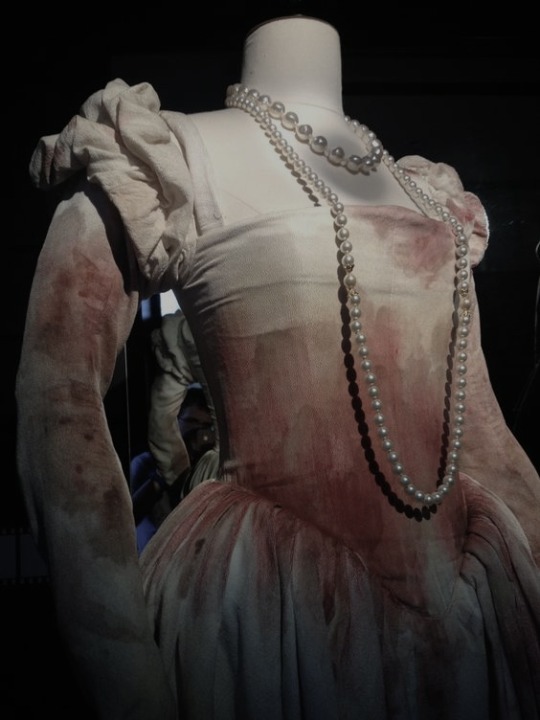
#la reine margot#queen margot#isabelle adjani#whispers#whispermemes#pinterestgirl#pinterestaesthetic#heroinchic#femmefatale#messyfrenchgirl#girlboss#femalemanipulator#femcel#girlbloggeraesthetic#girlblogger#girlblogging#tumblr girl#nymphcore#coquette#vampire#dollette#grunge#softgrunge#grungie#rockstargirlfriend#vintage#90s#viral#explorepage#fyp
2K notes
·
View notes
Text



Vampira 🖤✨️
#halloween#vampira#girlblogging#girltumblr#justgirlythings#thisisagirlblog#girlthoughts#girlthings#girlhood#girlytumblr#hellisateenagegirl#girlyaesthetic#thefeminineurge#femcel#femalemanipulator#femalehysteria#femalerage#forthegirls#imjustagirl#girlinteruptedsyndrome#gaslightgatekeepgirlblog#gaslightgatekeepgirlboss#girlblog#girlproblems#lazygirl#delulu#femininerage
26 notes
·
View notes
Text
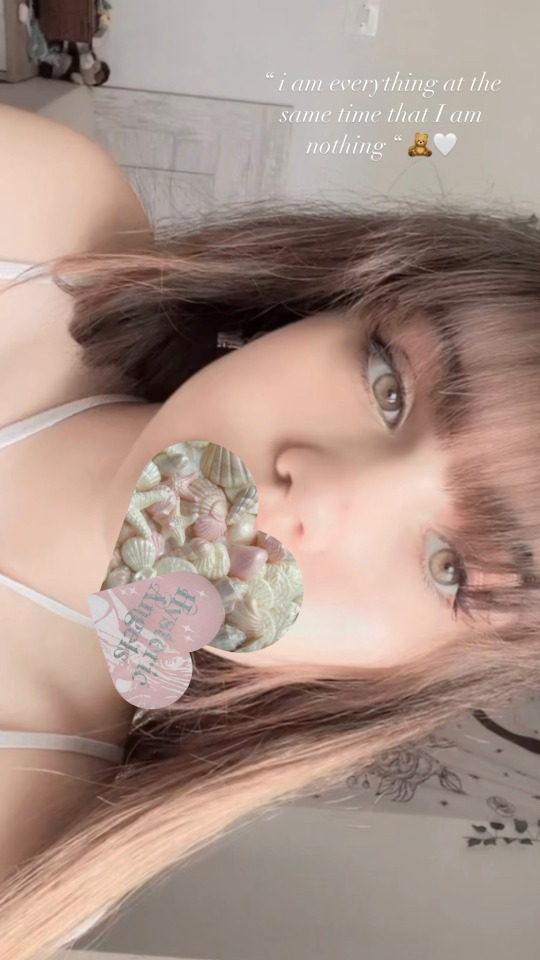
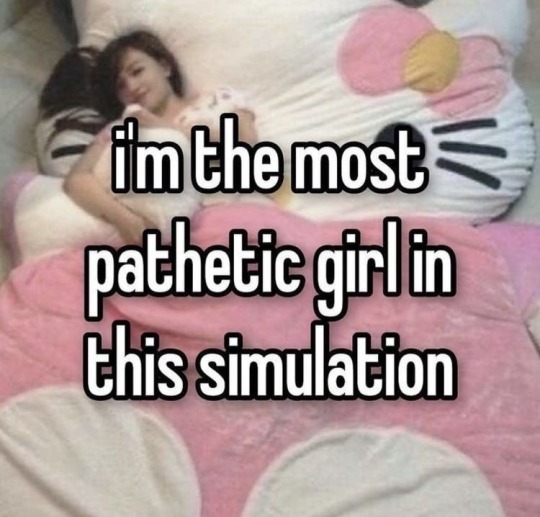
#girlblogging#girlblogger#dollete#coquette#lanadelrey#femalemanipulator#female#girly things#girly blog#dolletecore#girl interrupted#lizzy grant
8 notes
·
View notes
Text



17 february 2023
2 notes
·
View notes
Text
This but for me it’s


✨these✨
🤭💋💅

#y2kpink#pink blog#pink stoner#indica#wlw blog#girlblogger#pinterest girl#gaslight gatekeep girlboss#manic pixie dream girl#femme fatale aesthetic#female hysteria#femalemanipulator#female manipulator#femcel#femme fatale#female rage#female histeria#the female urge#girl blogger#girl boss gaslight gatekeep#gaslight girlboss gatekeep#just girly things#girlhood#waifcore#waifspo#couqette#dollette#just girly posts#hyper feminine#coquette aesthetic
531 notes
·
View notes
Text

the 21st century sex symbol
16 notes
·
View notes
Text
Keep seeing all these luteal phase memes on insta and i dont know why i hate it
4 notes
·
View notes
Text
"An appeal to pity should never be lengthy. Not without reason do we say that nothing dries faster than tears. Time lessens real sorrows; no wonder the semblance of suffering that we fashion in speaking disappears so quickly. If we drag out our lament, the listener grows tired of the tears, takes a mental break and resumes the more intellectual approach which the emotional assault had curtailed. We must not let the effect fizzle out, but should instead abandon the emotion just when we have made it most intense. Nor are we to expect that anyone will weep for long over another’s troubles. In this portion of a speech, then, more than anywhere else, our eloquence must swell, because any expression that does not augment the earlier effect seems to detract from it, and emotion that grows weak easily vanishes.
Action is as important as speech when it comes to summoning tears. This is why defence counsel routinely have their clients appear dirty and ungroomed, along with their children and parents, while the prosecution will display a sword smeared with gore, bone-fragments plucked from wounds, blood-drenched clothing, unbandaged wounds and battered bodies stripped bare. The effect of such displays is enormous as they all but guide the minds of men into the event itself, as when the bloody toga of Julius Caesar carried at the head of his funeral procession stirred the Roman people to a frenzy. Everybody knew that he had been killed and that his corpse had been placed on the bier. But the robe drenched with blood made the image of the crime so vivid that it seemed not that Caesar had been killed, but that he was being killed right then and there."
from Quintilian's Oratorical Instruction: Appeals to emotion in Ancient Rhetoric by Thomas Habinek.
#quintilian telling you how to emotionally manipulate a crowd. i love to see it this is literally SO funny to me#quintilian#ancient rome#you have no idea how tempted i am to use those stupid tumblr aesthetic tags like hashtag femalemanipulator for this quote
15 notes
·
View notes
Text
😌✨that’s me✨💅
💋🎀
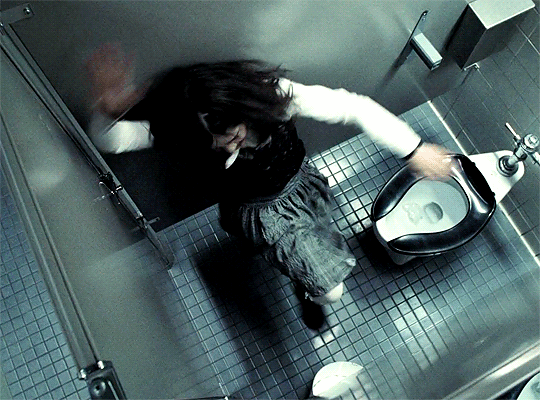
every time I reach out to Lord Lucifer I have a gender crisis🤪✌️
#pagan#paganism#pagan community#pagan blog#pagans of tumblr#lucifer deity#lord lucifer#im so serious#coquette#girlblogging#femmefatale#feminine energy#femcel#femalemanipulator#female insanity#female manipulator#female rage#femme fatale#devine feminine#dark femme#female hysteria#couqette#waif chic#waif#coquette aesthetic#dollette#gaslight gatekeep girlboss#it girl#hyper feminine
13 notes
·
View notes
Text

The conversations these people have are SO deranged. In the span of a single page
1.Han Sooyoung says she will seduce Yoo Joonghyuk, being delusionally overconfidant considering he has killed her once already but go off girlboss, live your #femalemanipulator #femmefatale fantasy
2. Kim Dokja looks her up and down and tells her she is 'so flat and so short being attracted to you is pedophilia & I know for a fact Yoo Joonghyuk is not a pedophile" which is SHADE that could only come from a gay man
3. They both recall the last time they met Yoo Joonghyuk. Kim Dokja casually says 'you know I beat him up last time I saw him so he probably wants to kill me lol' and Han Sooyoung strokes her neck and wistfully reminisces about her own beheading (??)
What I'm saying is that there's something very wrong with all three of them that is SO compelling. This is how you write character interactions
#i wish the yoohan seduction was plan A because it would have been so funny#yoohankim#omnicient reader#orv#my posts#omniscient reader's viewpoint#kim dokja#yoo joonghyuk#han sooyoung#yoohan
1K notes
·
View notes
Text

#my bf <3#leon kennedy#leon s kennedy#resident evil#whispers#whispermemes#pinterestgirl#pinterestaesthetic#heroinchic#femmefatale#messyfrenchgirl#girlboss#femalemanipulator#femcel#girlbloggeraesthetic#girlblogger#girlblogging#tumblr girl#nymphcore#coquette#vampire#dollette#grunge#softgrunge#grungie#rockstargirlfriend#vintage#90s#viral#explorepage
124 notes
·
View notes
Text

#girlblogging#girltumblr#just girly things#thisisagirlblog#girlthoughts#girlthings#girlhood#girlytumblr#hellisateenagegirl#girlyaesthetic#thefeminineurge#femcel#femalemanipulator#femalehysteria#femalerage#forthegirls#imjustagirl#girlinteruptedsyndrome#gaslight gatekeep girlblog#gaslightgatekeepgirlboss#girlblog#girlproblems#lazygirl#delulu#femininerage
9 notes
·
View notes
Text
you and thanos instagram au - you perform the super bowl halftime show


liked by ttt, sabrinacarpenter, and 40,792,230 others
y/n: LIX🏈🏟️
ttt : you are everything.
-> reply y/n : 🫵🏻
femalemanipulator : WE ARE SO CLOSE TO THE THANOS X Y/N HARD LAUNCH
sabrinacarpenter : see u at the after party bb
-> reply y/n : heading there now xo
itsnamgyubitches : i’m so proud of how far you’ve come. this show moved me to tears
-> reply y/n : nam gyu…🥹ur gonna make me cry



liked by y/n, stevelacy, and 10,921,001 others
ttt : ☕️
y/n : best cough ee evaaa
-> reply ttt : did you just have a stroke
itsnamgyubitches : it was ok
-> reply ttt : acting like you were there
-> reply itsnamgyubitches : i literally was
-> reply y/n : were you 🤔
user1028100 : they always trolling nam gyu 😭

liked by ishipthanos&y/n, katebaby1710, and 3,019,230 others
tmz : K Pop star Thanos @ttt and American pop star @y/n were spotted sharing an intimate moment in a restaurant in New Orleans following the american singer’s Super Bowl LIX half time show. These pictures come after months of the couple’s rumored relationship which has still not yet been confirmed. We reached out to their shared agent and producer @itsnamgyubitches who declined to comment on the photos, yet followed up his declination to reporters by saying “I don’t even know those people.”
itsnamgyubitches : i never said that
-> reply pentagonrecords : delete this comment asap.
ishipthanos&y/n : can we get nam gyu some media training 😭
99probs : way to invade their privacy tmz 🙄
#thanos x reader#thanos squid game#min su x thanos#squid game thanos#thanos smut#thanos#choi su bong squid game#squid game smut#squid game x y/n#squid game#squid games#thanos world#choi su bong smut#choi su bong#choi seung hyun#t.o.p x reader#t.o.p bigbang#t.o.p
241 notes
·
View notes
Text
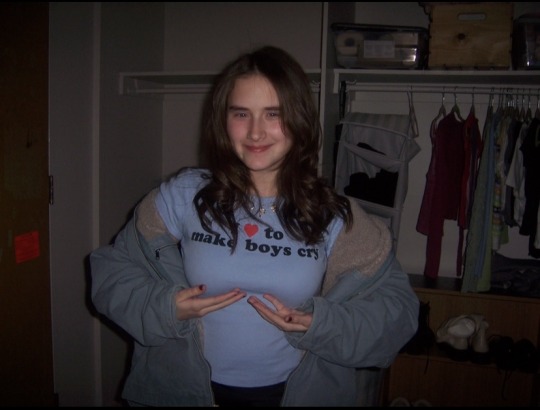
14 february 2023
#freshman#semester2#february#girlhood#gaslightgatekeepgirlboss#bimbolife#femalehysteria#femalemanipulator#femcel#makeboyscry
3 notes
·
View notes
Text
i guess i have to bear the virgin cross for now. femcel jackie era
my friend that we joked about him being lonely/incel-adjacent 5 years ago lost his virginity faster than i did. to a pretty alt girl too. whatever
5 notes
·
View notes
Text
Clicker training a girl to make her associate "click click" with pleasure and then using it to make her eat full meals by clicking when she eats #femalemanipulator #puppygirlmanipulation #problematic
21 notes
·
View notes